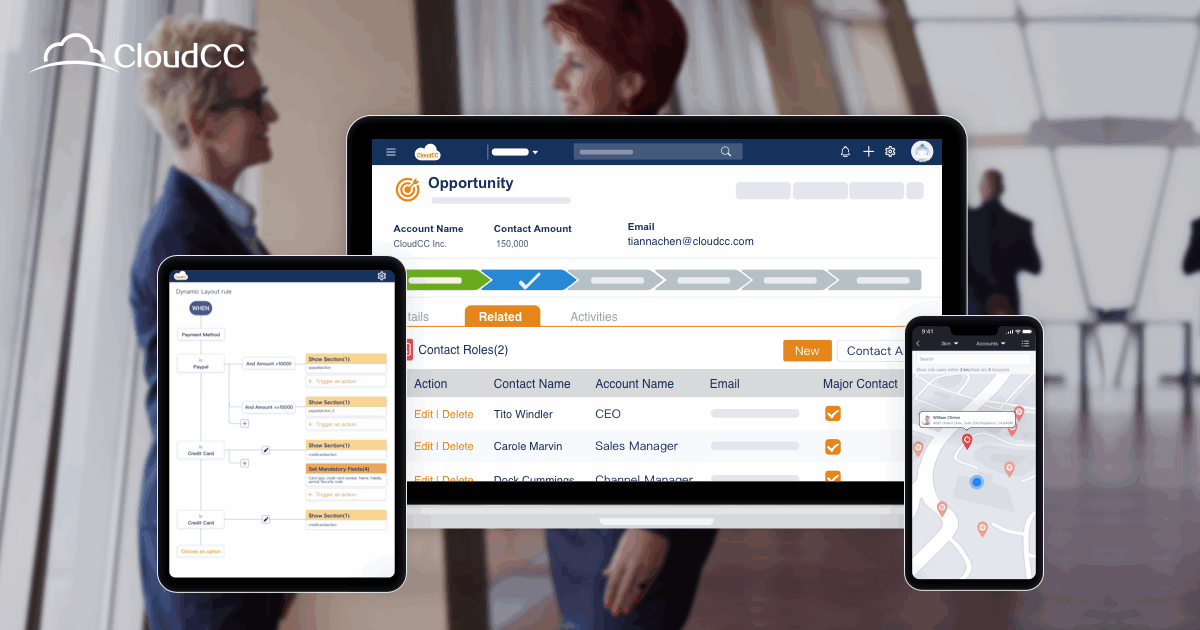
The Rise of Mobile CRM: Transforming Business Relationships in a Digital Era
September 23, 2025In today’s fast-paced digital economy, businesses are increasingly turning to mobile CRM solutions to stay connected with clients and streamline operations. Unlike traditional CRM systems limited to desktop use, mobile CRM allows teams to access customer data, track sales activities, and manage interactions directly from smartphones and tablets. This shift is proving to be a game-changer for companies of all sizes, particularly those with sales teams constantly on the move.
Mobile CRM empowers employees to respond to customer inquiries in real time, update records instantly, and maintain seamless communication without being tied to an office. This flexibility not only enhances productivity but also improves customer satisfaction. For industries like retail, healthcare, real estate, and financial services, where timely responses can influence buying decisions, mobileCRM offers a competitive advantage.
Another significant benefit lies in data-driven decision-making. With advanced analytics and reporting features accessible through mobile apps, managers can monitor sales performance, identify trends, and allocate resources effectively. Many platforms also integrate with email, messaging apps, and social media, creating a unified space for customer engagement.
Security, once a major concern, has advanced significantly. Modern mobile CRM solutions use encrypted connections, biometric logins, and cloud-based backups to ensure sensitive information remains protected. This has boosted adoption rates among businesses previously hesitant to transition.
Market analysts predict that the demand for mobile CRM will continue to rise as companies embrace hybrid and remote work models. The convenience of accessing CRM tools on the go aligns with the expectations of today’s workforce and customers who prioritize speed and accessibility.
As more organizations invest in digital transformation, mobile CRM is no longer just an optional tool but a necessity for sustainable growth. Businesses that adapt early are likely to see stronger customer relationships, improved sales outcomes, and greater operational efficiency in the years ahead.









